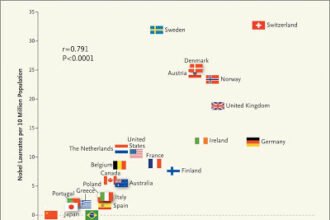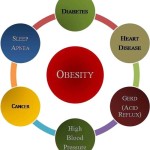 Physician Burnout and the risk of CHD
Physician Burnout and the risk of CHD
A new research paper published in the journal “Psychosomatic Medicine” in 2012 is showing a solid link between Burnout and the risk of CHD for the first time.
 Physician Burnout and the risk of CHD
Physician Burnout and the risk of CHD
A new research paper published in the journal “Psychosomatic Medicine” in 2012 is showing a solid link between Burnout and the risk of CHD for the first time. This new information proves a connection that has been suspected for decades and adds to the list of ways burnout can actually kill.
Previous research has shown a correlation between burnout and the following:
- Risk of Type II Diabetes
- Sleep disturbance
- Musculoskeletal pain
- Impaired fertility
- All cause mortality
- Dyslipidemia, metabolic syndrome and inflammation biomarkers
- Alcoholism and drug addiction
- higher rates of suicide
The current study is:
“Burnout and Risk of Coronary Heart Disease: A prospective study of 8838 Employees“
Psychosomatic Medicine 74:840-847 (2012)
They studied a cohort of 8838 healthy, white collar workers in Israel for an average of 3.4 years.
At baseline they measured burnout using a validated instrument called the Shirom-Melamed Burnout Measure. This is a tool similar to the Maslach Burnout Inventory.
They adjusted their analysis to eliminate risk differences for all of the following:
age, gender, workload (subjective and by hours worked), depression, physical activity, smoking, body mass index, family history, blood pressure and fasting blood sugar.
Burnout emerged as an independent risk factor for CHD when the individuals with the top 20% of burnout scores were compared to the rest of the cohort.
The increase in risk from burnout for this “top quintile” was 79% (hazard ratio = 1.79)
Note that this study is not specifically about burnout in physicians or healthcare workers. It is in a relatively healthy, white collar group of workers. The authors expressed the concern that a more normal worker cross section might have shown an even stronger correlation.
A landmark study in 2012 showed that burnout is more prevalent in doctors than in the general population, making this study a shot across the bow for doctors suffering from physician burnout as well.
Burnout is bad for you, your family, your patients: this is just another indicator of how deep and wide burnout’s negative effects extend.










